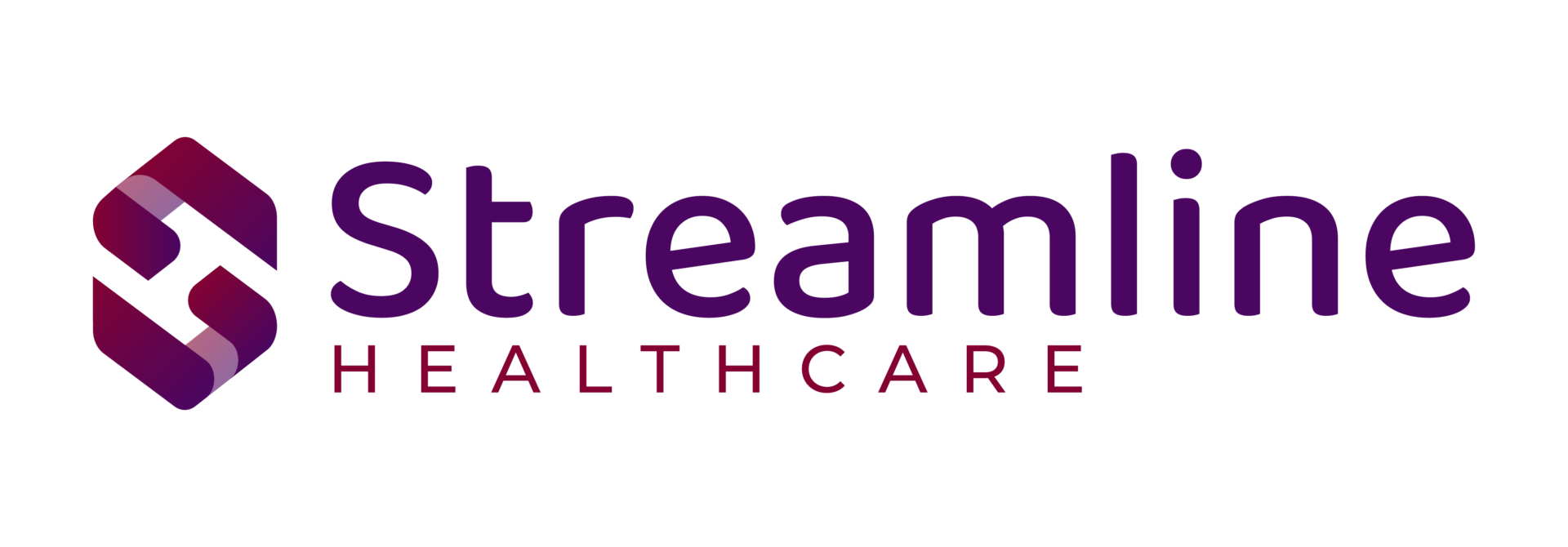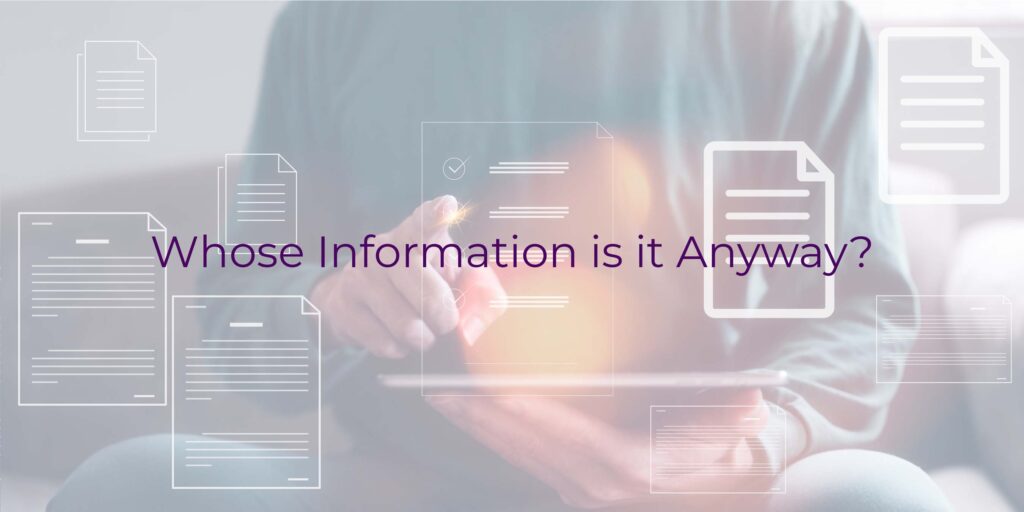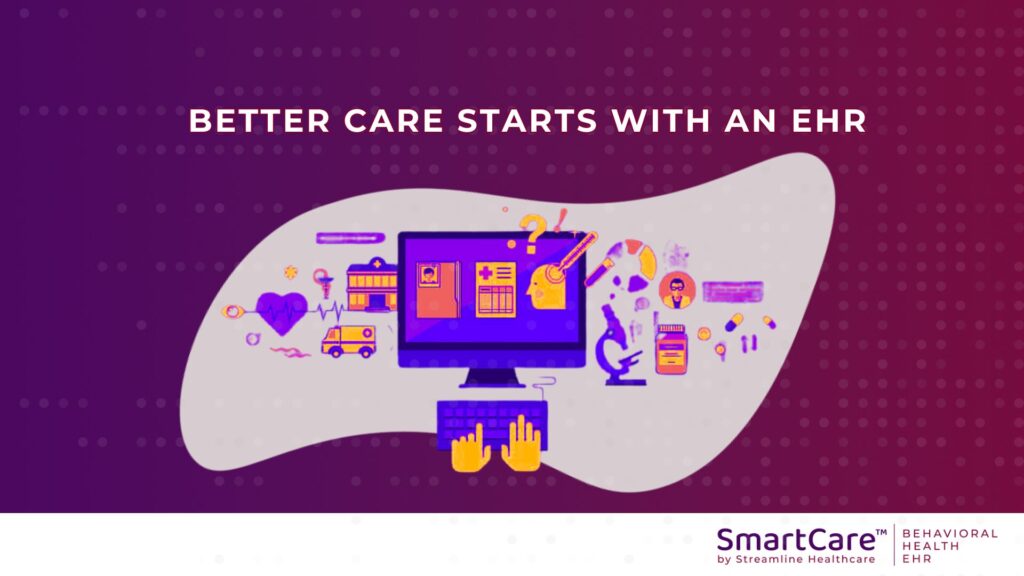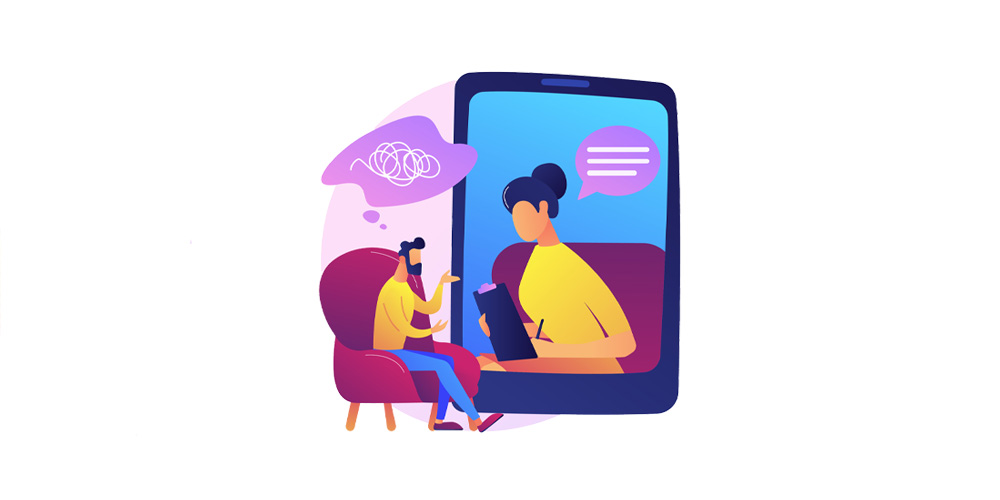Data Sharing and Collaborative Documentation: Requirements and Best Practices in Behavioral Health
With new regulations requiring that patients have access to much of their data and evidence suggesting that data sharing techniques improve both efficiency and outcomes of care delivery, the use of Collaborative Documentation is increasing. Implementing Collaborative Documentation, however, is not without its challenges.
Part 1 of this blog post explored health care data sharing requirements, including the position of the federal government and regulators that the patient has a right to their data and the benefits of sharing information via Collaborative Documentation. Part 2 looks at some of the challenges of Collaborative Documentation as well as the benefits and best practices for implementing the technique.
Collaborative Documentation Challenges
As noted in the previous Blog Post, the benefits of Collaborative Documentation are many, from improved client engagement to improved efficiency, but clinicians also report concerns about the technique, including:
- Some clients do not want the therapist to take notes while they talk.
- Some clients would rather have longer sessions than do Collaborative Documentation.
- Some clinicians feel it inappropriate to stop while deep into a session to complete a note.
- To some clinicians, it can feel awkward and that it goes against the philosophy they were taught in school.
- It can be especially challenging when working with clients experiencing grief/trauma and ending the session early.
- Some clinicians report that taking notes electronically can be challenging.
Collaborative Documentation Benefits and Best Practices
Streamline customer Starting Point Behavioral Healthcare implemented Collaborative Documentation in the fall of 2022 with positive results. Therapists noted the following benefits for clients:
- More control over what is documented in their record.
- Increased understanding of what is in the record.
- Increased trust and rapport building.
- More open communication.
- More active in their treatment.
- More opportunities to express their perspective.
- Increased focus on their treatment plan goals and objectives.
- Greater opportunity to express how they benefited from the session.
As for the benefits for the clinician, therapists reported the following:
- Reduced time to complete therapy notes.
- More accurate therapy notes.
- A deeper understanding of client needs.
The best practices Starting Point employed to make Collaborative Documentation a success included the following:
- Address challenges and staff concerns up front and educate the organization on the need for and benefits of Collaborative Documentation.
- Provide extensive, ongoing training on Collaborative Documentation and how to implement it in therapy sessions, including how to introduce it to the client.
- Equip clinicians with the necessary technology tools, from dual monitors in therapy sessions to intuitive documentation workflows.
- Add a KPI on Documentation Timeliness to employee job performance assessments.
For the full story on how Starting Point successfully implemented Collaborative Documentation, watch our recent webinar: Whose Information Is It Anyway.
Streamline and SmartCare™
Since 2003, Streamline Healthcare Solutions has focused exclusively on Behavioral Health and Human Services. We understand people choose this work out of a deep desire to help others. We partner with our customers to provide innovative technology solutions that help them advance the lives of those they serve.
Streamline’s SmartCare™ is a true enterprise Electronic Health Record (EHR) platform that sets a new standard for Behavioral Health EHRs. Its dependability and stability provide organizations with the control they need to succeed in today’s complex environment, while its flexible and intuitive user experience enables them to transform the way they provide care to meet the exciting promise of tomorrow.
Request a demo today and learn how SmartCare™ can support your organization.




